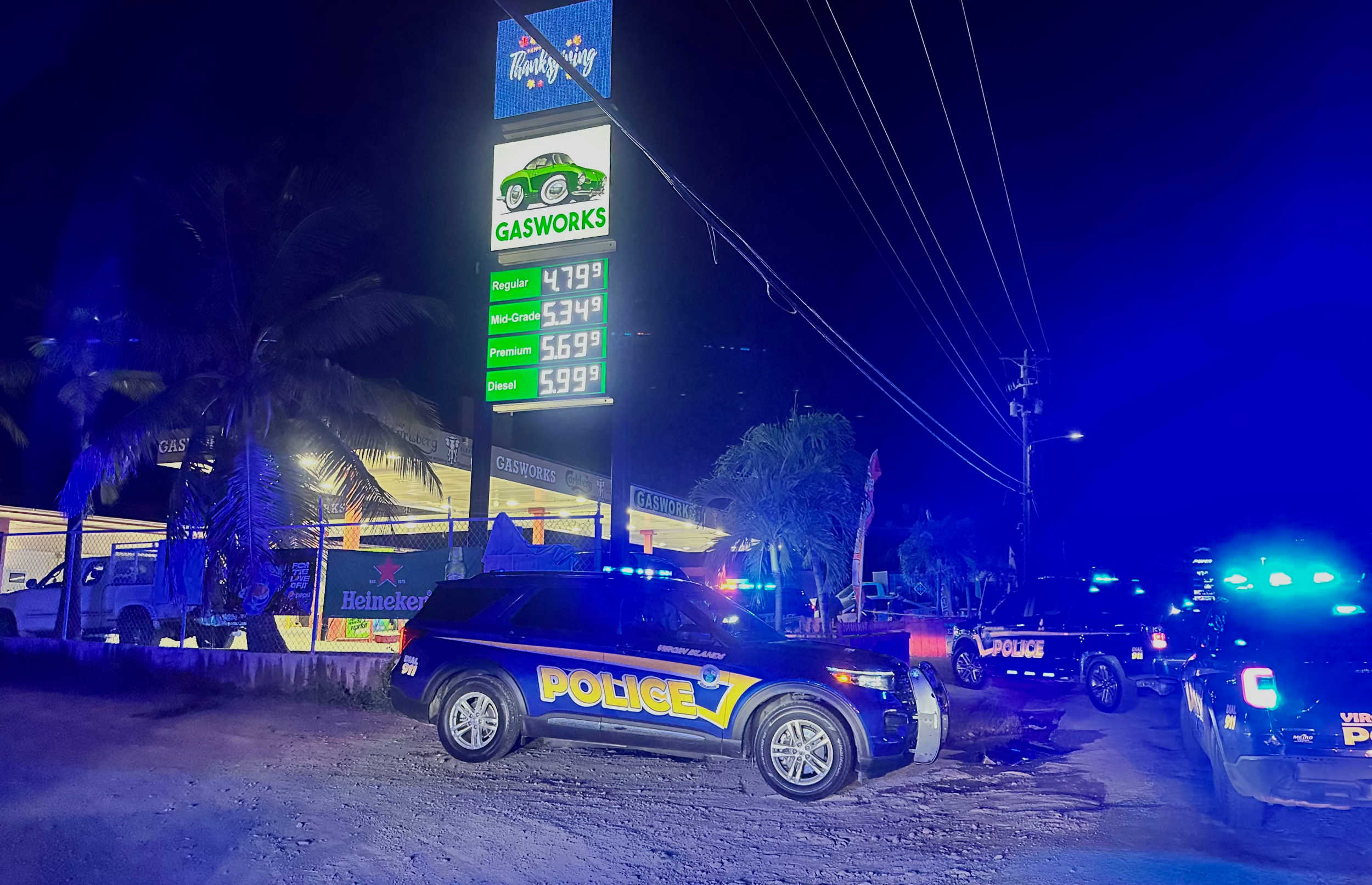Property and Procurement Bill Advances With Reforms to Attract Investments and Streamline Processes
 21 November 2024
21 November 2024


In a bid to improve operational efficiency, the V.I. Department of Property and Procurement has proposed a series of amendments to portions of Title 31 of the Virgin Islands Code which pertain to the management of public property and procurement and sale of goods and services.
In lengthy testimony before the Committee of the Whole on Wednesday, DPP Commissioner Lisa Alejandro told legislators that the changes all focus on “areas that drive economic development.” Detailed in Bill 35-0415, the amendments were met with mixed reviews.
Some, like a desire to reduce the percentage of rental fees to be collected on subleased government properties, were supported. Per Ms. Alejandro, “pursuant to act number 6634 the government must collect 35% of all rent collected from the subleasing of government property.” Seen as a “cost-prohibitive” rule, DPP sought to amend the code to include an option to “negotiate lower subleasing fees with lessees who will invest at least $500,000 in the leased premises.”
The 35% threshold, testified Ms. Alejandro, is a “hindrance to attracting viable commercial tenants.” Senator Alma Francis Heyliger, a property owner herself, agreed. “A lot of businesses are just trying to survive… To have to give up 35% is a huge chunk, and WAPA going with the other half of your money,” she asserted.
Additionally, DPP expressed a desire to “delete the requirement for the provision of articles of incorporation or organization or the equivalent and corporate resolution or the equivalent from the solicitation process.” Contractors would still be required to submit these documents before contract execution. “The Department finds this change necessary as it becomes evident over time that bidders were being deemed non-responsive for failure to submit these two particular documents,” she said.
However, the idea that DPP could handle leases of up to five years internally did not sit well with several lawmakers, including Senators Donna Frett-Gregory and Kenneth Gittens. They believed such a change would limit the Legislature's authority. Currently, the Legislature must approve any lease that exceeds one year, as well as lease renewals.
“I don't agree with that particular part of the legislation. If it's five years, I can't do it,” Frett-Gregory put bluntly. Senator Milton Potter, too, expressed reservations, telling Ms. Alejandro that the section of the bill caused “some pause in supporting.” Senator Kenneth Gittens was visibly offended by the request. “We’re asking the Legislature to forego its oversight and accountability,” he argued. “There's no way that I can support that…Y'all act as if we’re intentionally holding up things. We have a job, and it's to scrutinize.”
That section of the bill would be struck off by way of an amendment before the final vote in Wednesday’s legislative session.
Also dispensed with was a proposal to reduce the number of appraisals necessary when acquiring property. Ms. Alejandro expressed the department’s desire to conduct two appraisals instead of three and simultaneously wished to change the residency requirement for appraisers, replacing it with a licensing requirement.
“Over the years the use of three appraisals has not been beneficial in acquisition,” she contended. “In fact, it slows down the process due to the small pool of appraisers and creates additional costs.” DPP presented an economic argument, explaining that it could conduct more appraisals with their $100,000 annual allotment if the required number was reduced to two.
Lawmakers were not convinced that the move would be beneficial. “If we have more assessments, we may be able to have a better scope of what something would be assessed for,” countered Senator Angel Bolques Jr. “I think reducing it might cause potential harm.” Frett-Gregory echoed the sentiments of the at-large senator, stating, “I think that having three appraisals ensures fairness.” Frett-Gregory theorized that removing the residency requirements would widen the pool of appraisers that DPP could choose from. “That takes care of your appraisal concerns,” she suggested.
Legislators also struck off a proposal to exempt property easements from legislative approval.
Nonetheless, they would eventually support DPP’s request to allow central government agencies to procure goods and services up to $150,000 using the “informal quote process,” in alignment with federal guidelines. According to Ms. Alejandro, “the proposed change allows agencies more flexibility in procuring goods and services.” Senator Ray Fonseca concurred, stating “a lot of times things are held up in the government because of these details.”
The DPP commissioner affirmed to lawmakers that the necessary checks and balances are in place. “I think with any threshold, there are risks, but if we are looking at improving best practices, you know it's necessary that we align with what the standards are,” Ms. Alejandro told Senator Samuel Carrion.
“Continuous process improvements are paramount to our ability to serve the public effectively,” she said, as the bill advances to the desk of Governor Albert Bryan Jr.
Related News

St. Thomas Woman Charged with Rape After Admitting to Sexual Relationship With Minor

Charges Announced in Murder of St. Croix Jeweler Kailash Banani

Gender ID Bill Derailed Following Testifiers' Refusal to Address Sports Participation for ...
